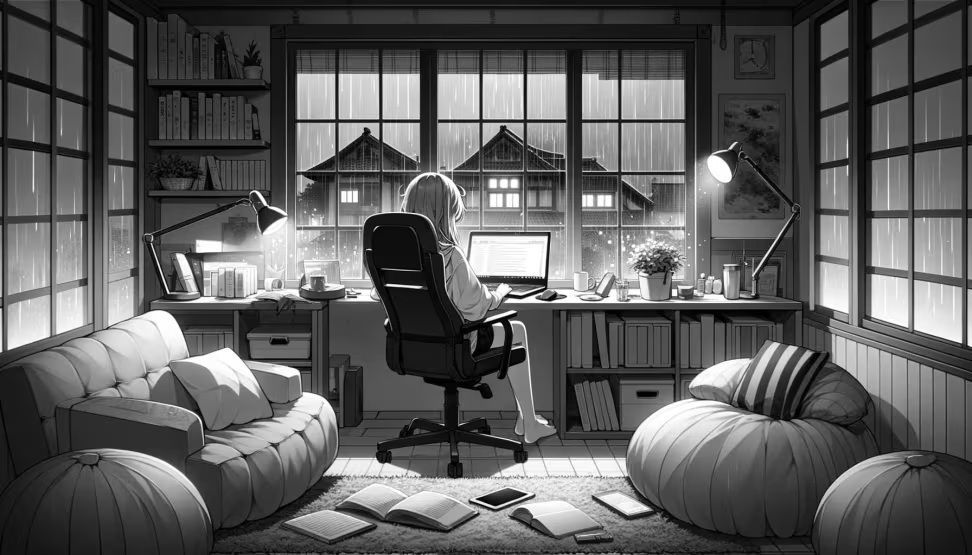Chapter 1 Skylight
by
Notes
1. 天窗 (lit. “sky window”) is the name of the Imperial Secret Service headed by Zhou Zishu. It could be translated variably as Sky’s Window, or Heaven’s Window (both “heaven” and “sky” referring to the emperor who rules by heaven’s mandate). I chose the direct translation Skylight to keep the theme of “light” that surrounds Zhou Zishu’s character.
2. “In the time for a zhu of incense to burn” in the text. Span time for the combustion of incense was a common method to measure time; a commonly accepted conversion is 1 zhu or stick of incense= 30 minutes.
3. Refers to acupuncture points of Traditional Chinese Medicine. As far as I can tell, the seven “main” acupoints are artistic licence by the author.
4. Pretty much a standard description of the typical 高冷 or “cold and haughty” character in Chinese BL. Here the emphasis is on detached/almost cruel but (of course) handsome looks. Also, note that a high-bridged nose is considered beautiful by Chinese beauty standards.
5. Torture device, artistic licence from the author.
6. Made up historical date. Daqing (lit. “great celebration”) is a fictional 年号 or era name (name given to an era by an emperor), and Rongjia (lit. “contain excellence”) is a fictional emperor. Note that two historical Daqing eras do appear under the Western Xia (11th-12th century CE), but no Rongjia emperor existed during those periods (or at all). Whether the historical Daqings give a period frame to the story is up to personal appraisal (to me: they don’t for multiple reasons).
Notes
1. 天窗 (lit. “sky window”) is the name of the Imperial Secret Service headed by Zhou Zishu. It could be translated variably as Sky’s Window, or Heaven’s Window (both “heaven” and “sky” referring to the emperor who rules by heaven’s mandate). I chose the direct translation Skylight to keep the theme of “light” that surrounds Zhou Zishu’s character.
2. “In the time for a zhu of incense to burn” in the text. Span time for the combustion of incense was a common method to measure time; a commonly accepted conversion is 1 zhu or stick of incense= 30 minutes.
3. Refers to acupuncture points of Traditional Chinese Medicine. As far as I can tell, the seven “main” acupoints are artistic licence by the author.
4. Pretty much a standard description of the typical 高冷 or “cold and haughty” character in Chinese BL. Here the emphasis is on detached/almost cruel but (of course) handsome looks. Also, note that a high-bridged nose is considered beautiful by Chinese beauty standards.
5. Torture device, artistic licence from the author.
6. Made up historical date. Daqing (lit. “great celebration”) is a fictional 年号 or era name (name given to an era by an emperor), and Rongjia (lit. “contain excellence”) is a fictional emperor. Note that two historical Daqing eras do appear under the Western Xia (11th-12th century CE), but no Rongjia emperor existed during those periods (or at all). Whether the historical Daqings give a period frame to the story is up to personal appraisal (to me: they don’t for multiple reasons).
Edit: a reader kindly pointed out that as per Lord Seventh Daqing is actually the dynastic name. Thanks Kuu!
7. Also fictional. Chinese emperors had multiple names. Note that Rongjia could be also translated as “Emperor Jia of Rong”, if one considers that Jia is the emperor’s posthumous name, and Rong the name of his dynasty. Helian Yi is either the fictional emperor's personal or courtesy name; it’s also a homophone of 和连一 or “unite in one” which hints at a glorious emperor who united all of China together.
8. 四季庄主 translated literally.
9. The name is given a special meaning by the other half of the pairing later on. Here we can note that 周子舒 (lit. “cycle son leisure”) carries connotations of something comfortable and refined.
10. Refers to the eight extraordinary meridians in TCM; differ from the standard twelve organ meridians in that they are considered to be storage vessels or reservoirs of qi energy. Qi is the basis of many martial arts practices.
11. The five viscera in TCM are: heart, liver, spleen, lung and kidney.
12. Small inconsistency here, as Old Bi wasn’t described as being drenched in blood after receiving the Nails.
13. A plaque or medal issued by the hierarchy that authenticated an order’s authority. Here Zhou Zizhu is issuing his own command token.
14. 段鹏举 lit. “segment roc lift”. Hint at someone who is strong.
15. 上书房 is the Emperor’s private study in the Forbidden City. Unofficial meetings were often held there, both historically and fictionally. It was built in the Qing Dynasty, which is one reason why the Western Xia timeline doesn’t make sense.
16. A.k.a. Kowtowing plus wishing the Emperor well.


0 Comments